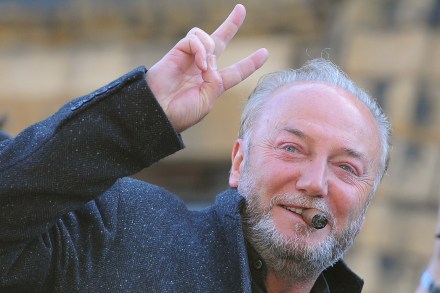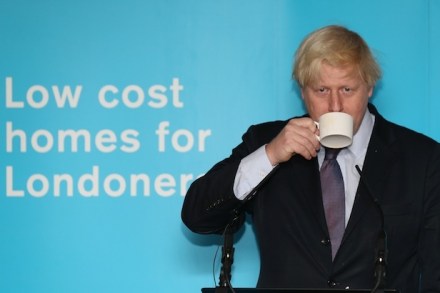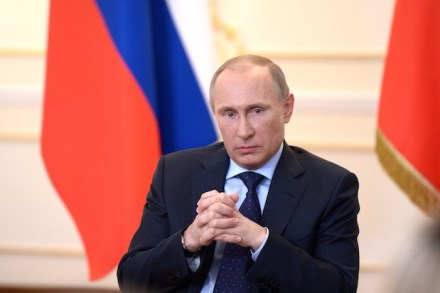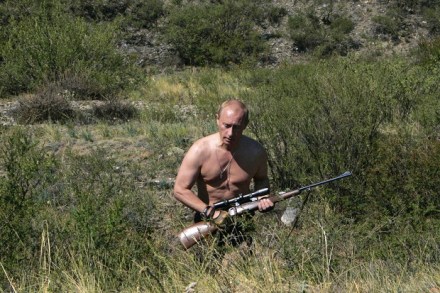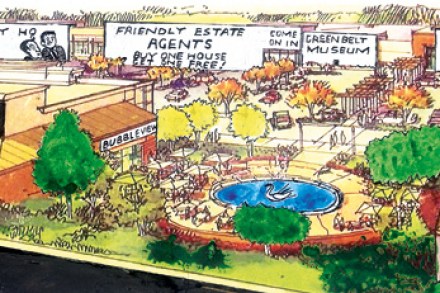Vladimir Putin knows what he stands for. Do we?
Possibly because his oratory is no match for his much-displayed pectoral muscles, the speeches of Vladimir Putin are seldom reported at length in the West. But as a means of understanding the manoeuvres in eastern Ukraine this week, there is no better starting point than the speech he made to the Duma when the Russian parliament annexed Crimea. Lest anyone thinks his words have been enriched by an over-imaginative reporter, the translation is provided by the Kremlin itself. Speaking of the break-up of the Soviet Union in 1991, he asserted, ‘Russia realised that it was not simply robbed, it was plundered… Millions of people went to bed in one country






